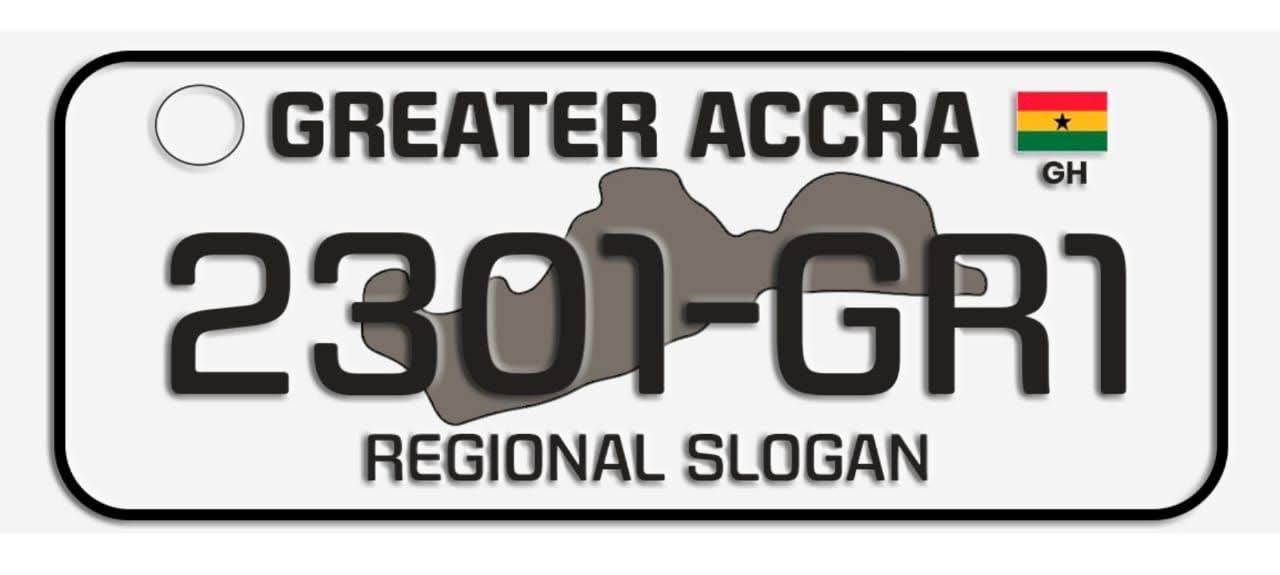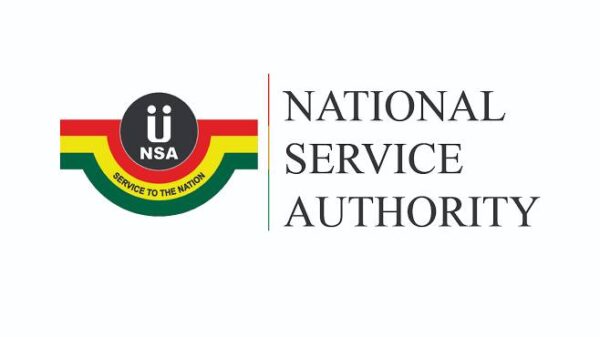The Chief Executive of the Driver and Vehicle Licensing Authority (DVLA), Julius Neequaye Kotey, has introduced a new sample of vehicle number plates, which will be implemented in 2026 as part of efforts to modernize vehicle regulation, enhance road safety, and strengthen law enforcement in Ghana.
In a statement posted on his official Facebook page, Mr. Kotey described the development as “a significant step forward for vehicle regulation and security.” He explained that the plates will come with RFID technology and other modern features to create a more transparent and efficient system.
One of the most notable benefits of the new plates is the ability to combat vehicle smuggling. According to Mr. Kotey, “the new system will help to stop the use of vehicles that have not paid the necessary import duties. Since the plates will be linked to a central database, it will be impossible to register a smuggled or ‘Togo’ car without it being flagged.” This marks a major step toward protecting the nation’s revenue and discouraging illegal practices in vehicle imports.
The introduction of a new number plate system is a significant step forward for vehicle regulation and security. The…
Posted by Julius Neequaye Kotey on Monday, August 25, 2025
The plates will also feature embedded RFID chips, enabling law enforcement agencies to scan and access a vehicle’s details instantly. This will make it far easier to track vehicles involved in crimes or traffic offences. Additionally, the RFID technology is expected to integrate seamlessly with future toll systems, paving the way for automated, contactless toll payments that will reduce congestion on Ghana’s highways.
Beyond enforcement and regulation, the design of the plates is also receiving a modern facelift. The current system, which identifies vehicles by year of registration, will be replaced with a format that highlights a regional name and area code. This change, Mr. Kotey noted, will make it easier “for the public and authorities to identify a car’s origin at a glance.”
The plates will also boast improved durability and visibility, featuring reflective surfaces that enhance safety at night and in poor weather conditions. By linking the plates to a central database, the DVLA aims to reduce human error and fraudulent activities in the vehicle registration process.
“These changes are aimed at creating a more secure, transparent, and effective vehicle management system, benefiting both vehicle owners and the public,” Mr. Kotey emphasized.
While the official launch is scheduled for 2026, the DVLA has indicated that the design and security features may undergo further modifications before implementation. Nonetheless, the initiative signals a bold step toward modernizing Ghana’s vehicle management system and aligning it with global best practices.






































